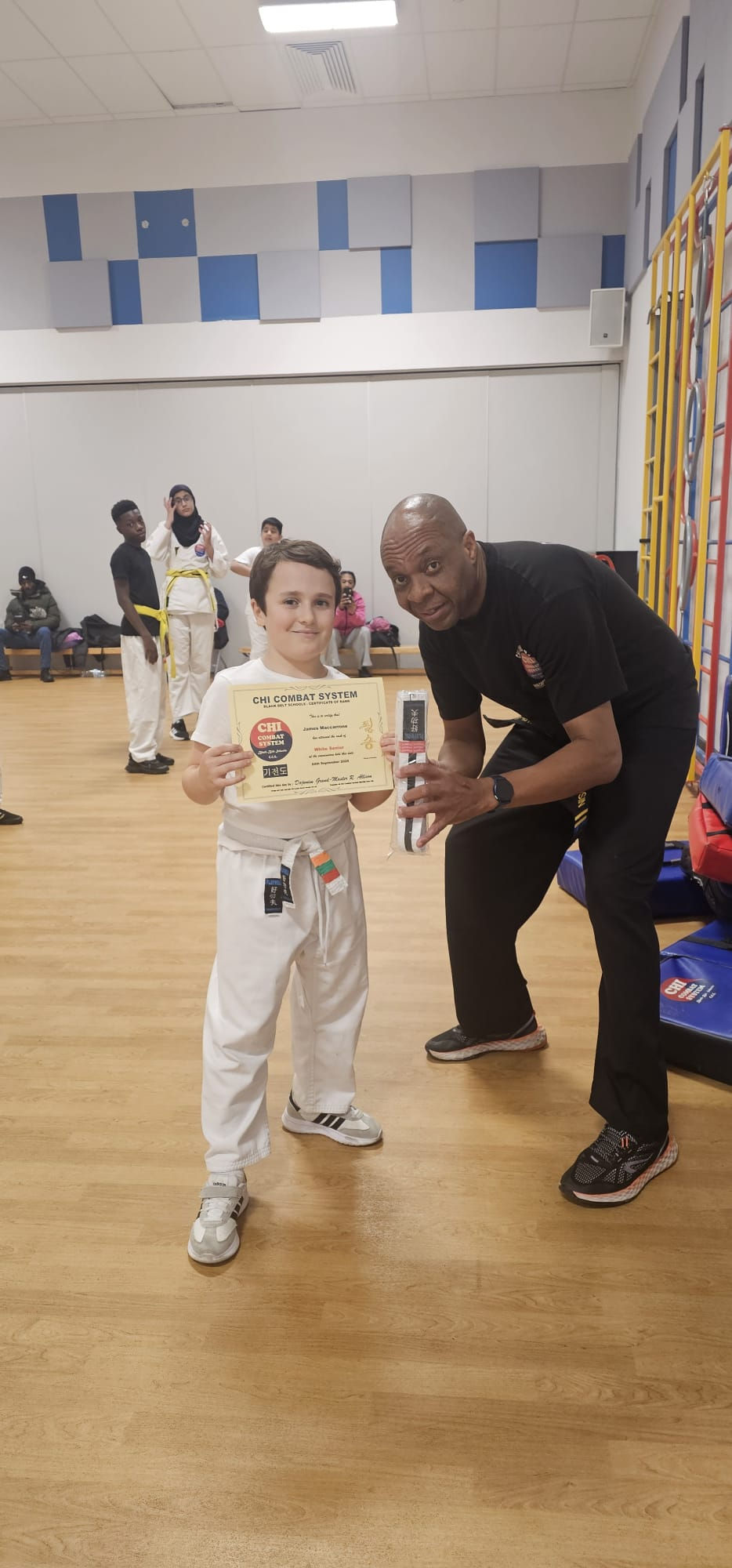Teaching Life Skills Through Martial Arts
- May 12, 2025
- 3 min read
Martial arts is not just about physical fighting techniques; it is a comprehensive system that teaches essential life skills to practitioners. From discipline to self-defense, martial arts instills lessons in areas that extend far beyond the dojo. In this blog post, we will explore how martial arts can serve as a powerful tool for teaching important life skills.
Life Skills Learned Through Martial Arts
Engaging in martial arts offers a unique learning experience. Each class presents opportunities for students to develop valuable qualities such as respect, perseverance, and confidence. These traits are not only useful in sparring but apply directly to everyday life.
For example, martial arts classes often emphasize respect for instructors and fellow students. This teaches practitioners the importance of acknowledging others, building a sense of community. Additionally, students learn to push through challenging situations, fostering perseverance—a skill that can benefit them in academic and professional settings.

Why Life Skills Matter
Life skills are crucial for personal development. They prepare individuals to handle various aspects of their lives effectively, from managing time and resources to fostering relationships. In today’s fast-paced world, teaching life skills becomes increasingly important.
According to a study by the National Centre for Education Statistics, students who engage in extracurricular activities, such as martial arts, show a significant increase in their grades and social behaviour. The focus required in martial arts training leads to improved concentration and commitment—qualities that are essential for success in school and beyond.
What are 10 Basic Life Skills?
Understanding the basic life skills that martial arts can teach is vital for recognizing their broader implications. Here’s a list of ten essential life skills that practitioners often develop:
Self-discipline: Consistent practice builds self-discipline as students learn to set goals and achieve them.
Confidence: Mastery over techniques enhances self-esteem and belief in one’s abilities.
Respect: Recognizing the efforts of instructors and peers fosters mutual respect.
Self-defence: Learning to protect oneself instills a sense of security and responsibility.
Goal-setting: Students learn to set achievable goals, whether furthering their belt rank or mastering a new technique.
Teamwork: Sparring and partner drills encourage cooperation and communication.
Focus: Martial arts require intense concentration, which translates to better focus in other life areas.
Stress relief: The physical activity provides an outlet for stress, leading to better mental health.
Problem-solving: Techniques and strategies learned in martial arts can improve critical thinking skills.
10. Resilience: Facing challenges in training builds mental strength and the ability to bounce back from any setbacks.

Building Strong Relationships in Martial Arts
Martial arts is often seen as a solo endeavour; however, it fosters strong relationships. Training with partners enhances social skills and builds friendships. This environment encourages students to lean on one another, which can contribute to better communication and teamwork abilities.
Moreover, students often engage in tournaments or competitions, where they must work with coaches and teammates to succeed as a unit. Learning to win graciously and lose respectfully teaches important lessons about sportsmanship and collaboration, skills that are invaluable in personal and professional relationships.
The Long-Term Impact of Positive Life Skills
The positive life skills nurtured through martial arts have a lasting impact on students. Practitioners often carry these skills into adulthood, influencing their career paths and interpersonal relationships.
For instance, former martial arts students frequently cite the discipline and focus they developed as key contributors to their success in demanding fields. The ability to remain calm under pressure—a skill honed on the mat—can set them apart from their peers.
Additionally, martial arts can enhance emotional health. Many students report improvements in their mood and overall wellbeing. This emotional regulation is crucial for navigating life’s ups and downs, further reinforcing the need for teaching life skills.
Final Reflections on Martial Arts and Life Skills
Incorporating life skills training into martial arts programs provides a valuable experience for students of all ages. As they learn techniques to physically defend themselves, they simultaneously develop the mental and emotional tools necessary for navigating life’s challenges.
Through dedication and practice, martial arts can serve as a foundation for building positive life skills that empower individuals to thrive. Whether a beginner or a seasoned practitioner, the journey never truly ends. The lessons learned in martial arts extend far beyond the dojo, influencing every aspect of life. Embrace the journey and let the teachings of martial arts pave the way for your personal growth.




Comments